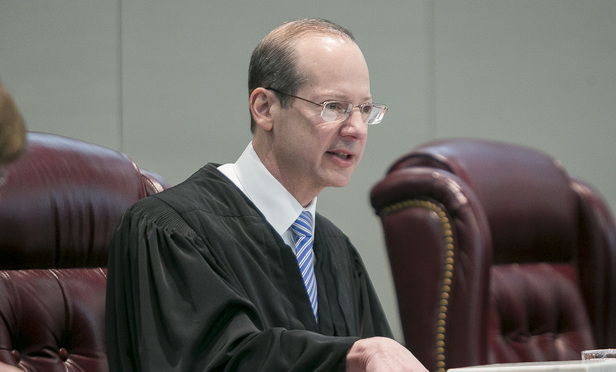Juveniles under age 18 are different from adults, and those differences mean that their illegal conduct is “not as morally reprehensible as that of an adult.” So stated the U.S. Supreme Court in 2005 in holding that imposing the death penalty on a minor violates the Eighth Amendment, Roper v. Simmons, 543 U.S. 551. Since Roper, the Supreme Court has relied on this “juveniles are different” rationale to hold unconstitutional a juvenile’s sentence of lifetime incarceration without the possibility of parole for a non-homicide offense, Graham v. Florida, 560 U.S. 48 (2010), and sentencing schemes requiring juveniles to serve life in prison without the possibility of parole for any crime, Miller v. Alabama, 132 S. Ct. 2455 (2012).
The New Jersey Supreme Court has now gone farther. In a unanimous opinion authored by Chief Justice Rabner in two consolidated cases decided Jan.11, State v. Zuber and State v. Comer, the court applied the principles of Roper, Graham and Miller to hold that when a juvenile is facing a lengthy term of imprisonment, that “is the practical equivalent of life without parole,” and the sentencing judge must “take in to account how children are different, and how those differences counsel against irrevocably sentencing them to a lifetime in prison.”
This content has been archived. It is available through our partners, LexisNexis® and Bloomberg Law.
To view this content, please continue to their sites.
Not a Lexis Subscriber?
Subscribe Now
Not a Bloomberg Law Subscriber?
Subscribe Now
LexisNexis® and Bloomberg Law are third party online distributors of the broad collection of current and archived versions of ALM's legal news publications. LexisNexis® and Bloomberg Law customers are able to access and use ALM's content, including content from the National Law Journal, The American Lawyer, Legaltech News, The New York Law Journal, and Corporate Counsel, as well as other sources of legal information.
For questions call 1-877-256-2472 or contact us at [email protected]



